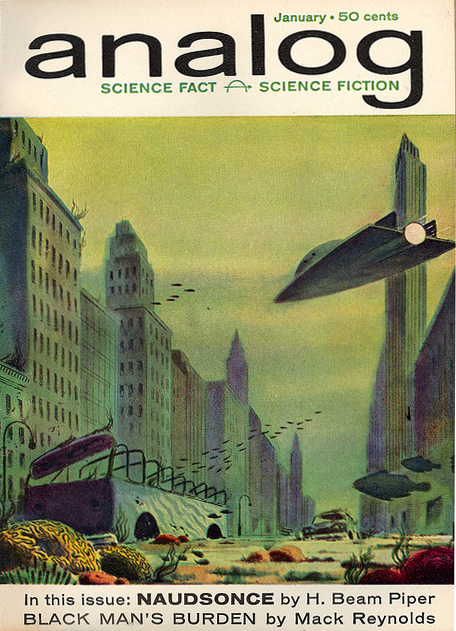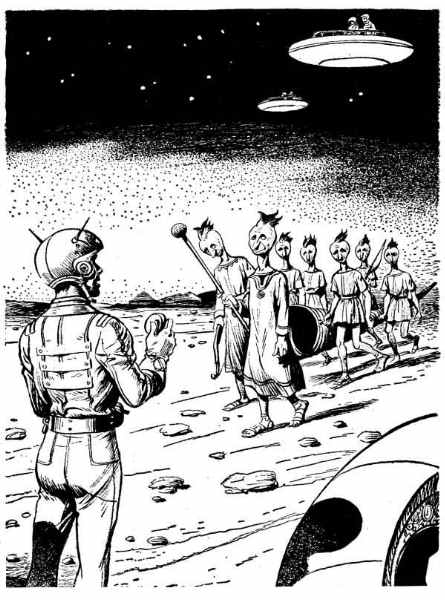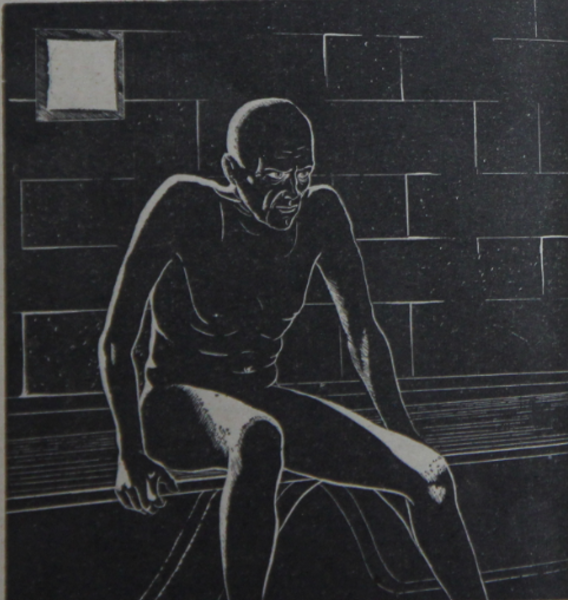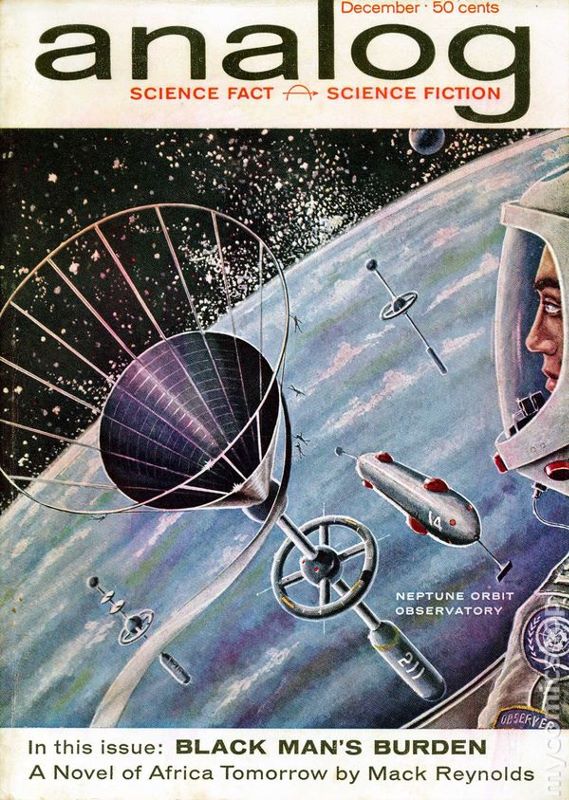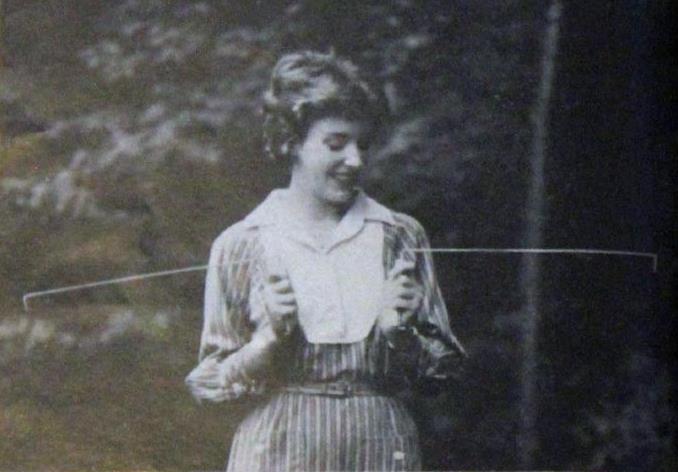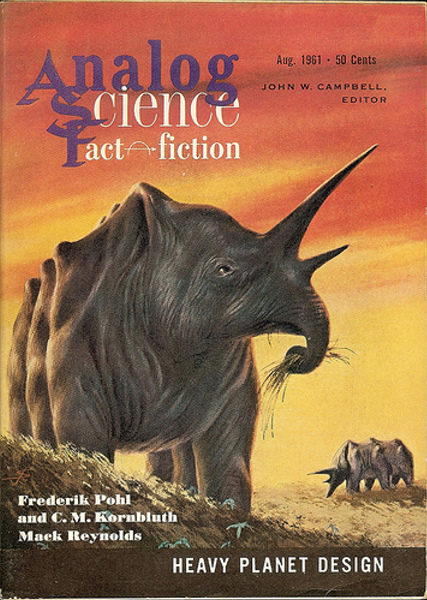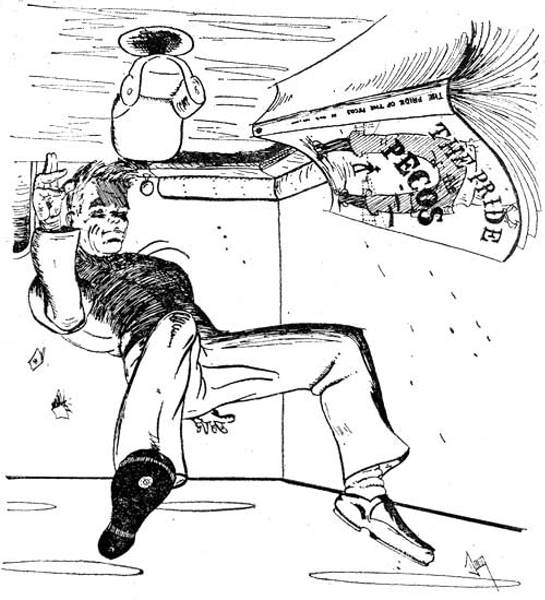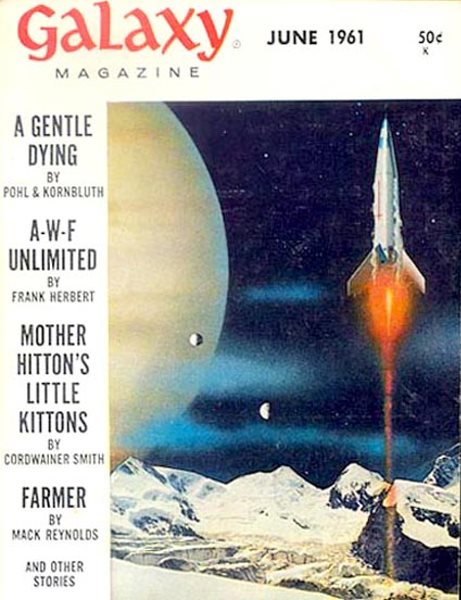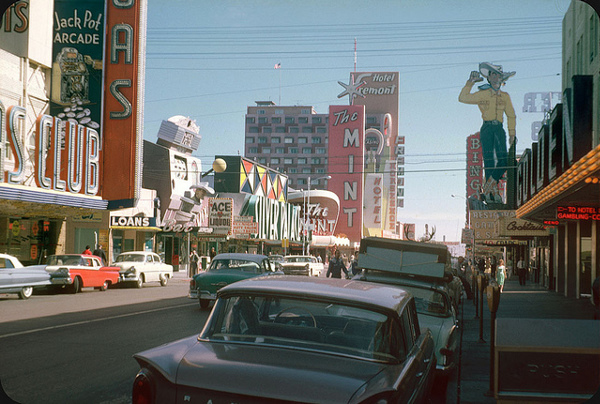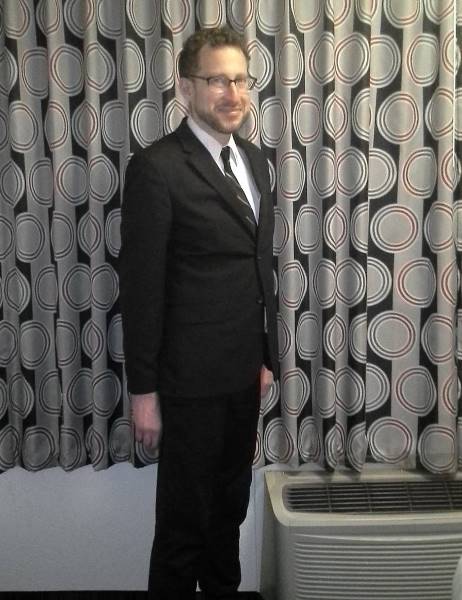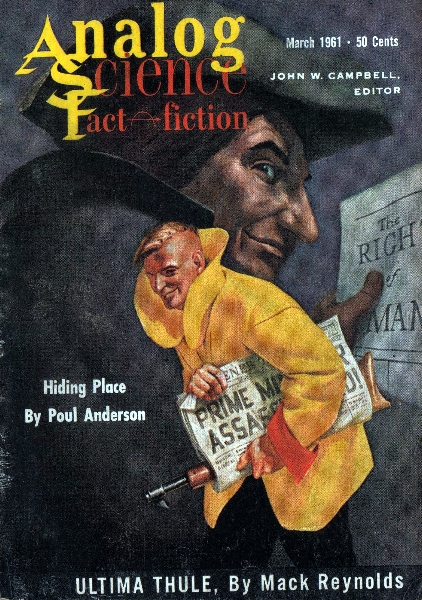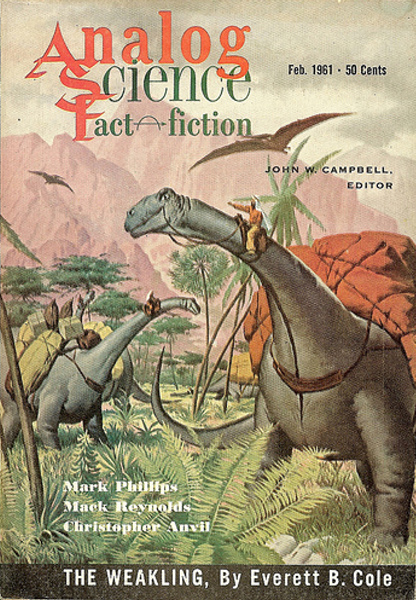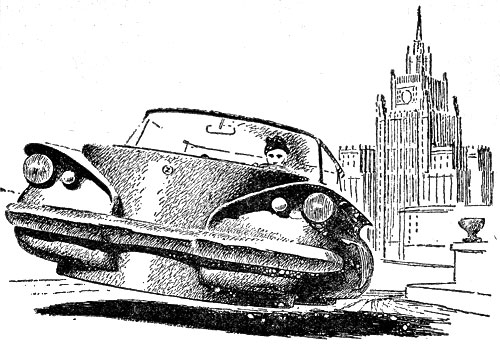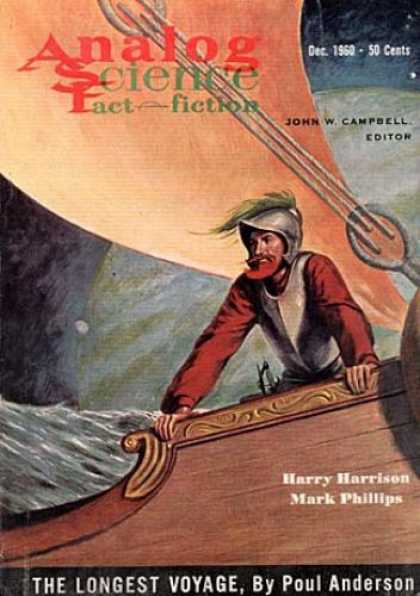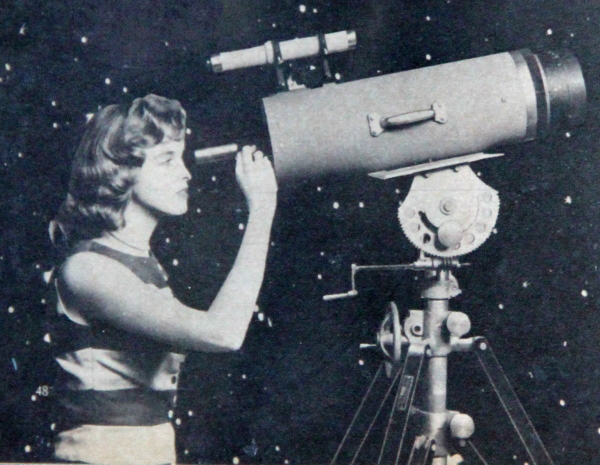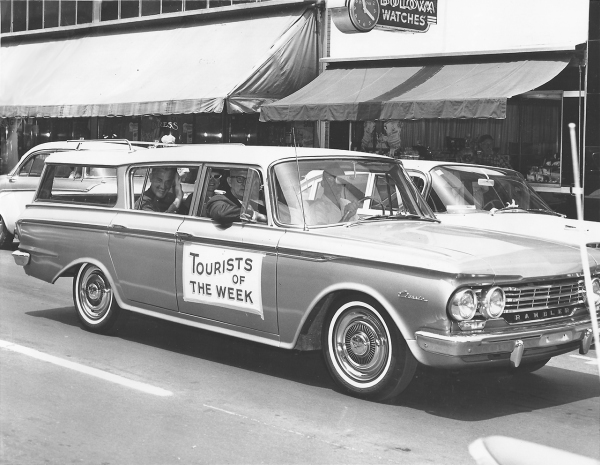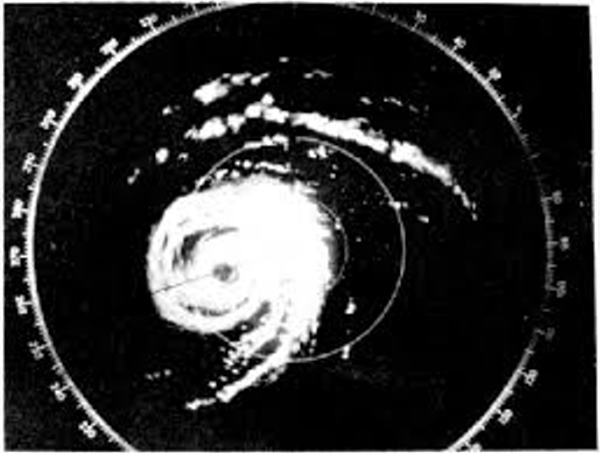
by Gideon Marcus
Ask the average citizen their opinion of science fiction and they'll likely mention monsters, flying saucers, and ray guns. SF has gotten a bad rap lately, largely due to the execrable movies nominally representing it, but there's no question that the pulps of the 30s and 40s, and the lesser magazines of the 50s didn't help much. And yet, only Science fiction offers endless worlds in which to explore fundamental human issues. Religion. Philosophy. Politics. It is only in our fantastic genre that the concept "if this goes on" can be pushed to extremes, whether a story be set in the far future or on a remote planet. SF isn't just kiddie stuff – it can be the most adult of genres.

Case in point: Analog, formerly Astounding Science Fiction, set a standard in the pulp era as the grown-up magazine in the field. And while I've had something of a love-hate relationship with the digest that Campbell built, this particular issue – the April 1962 edition – offers up some intriguing political predictions that, if not probable, are at least noteworthy.
Mercenary, by Mack Reynolds
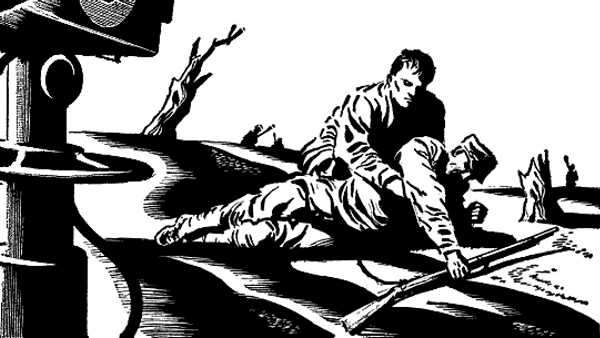
Take four concepts and carry them to the nth degree: 1) unions and corporations increase in power such that they become virtual nations; 2) world disarmament is achieved – to the point that post-1900 weaponry is abolished; 3) the public's demand for violence on television is insatiable; 4) economic class stratification gets stronger.
The result is a United States where private entities no longer resolve disputes in court; they do literal battle with brigades, even divisions of professional soldiers. Their conflicts are televised as circuses for the masses (whose bread needs have been met by automation). Mercenary is the tale of a veteran-for-hire who is desperately trying to climb the social ranks with the one remaining avenue: a successful military career.
This novella is my favorite of the bunch. Reynolds, who has traveled the world and seen both the Soviet Union and the Mahgreb first-hand, invests his work with a gritty realism that elevates it above its genre siblings. It's what Dickson's Dorsai should have been in about half the space. Four stars.
Toy Shop, by Harry Harrison
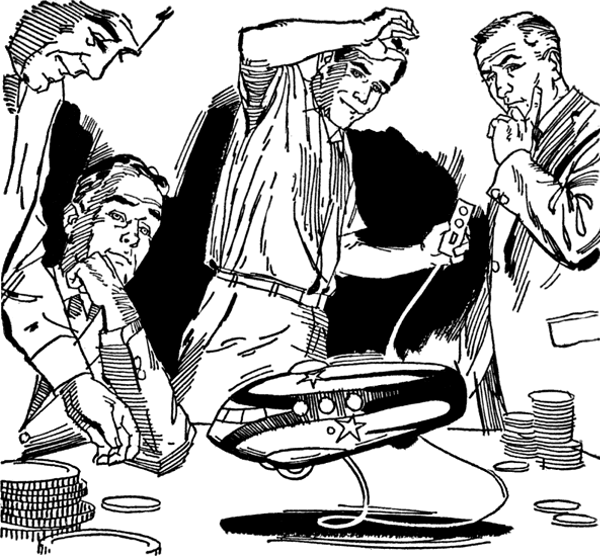
When no reputable government agency will look at your breakthrough scientific achievement, then it's time to resort to unorthodox methods, right? I'm disappointed with this one. It's clearly an opportunity for Harrison (normally quite good) to get a quick $100 from editor Campbell, who champions all sorts of quackery. Two stars.
A Slave is a Slave, by H. Beam Piper
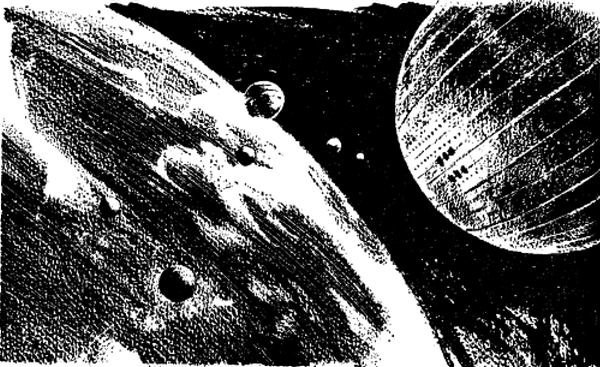
Take a colony of humans, reduce them to slavery at the hands of a rapacious space vikings, and let stew for seven centuries. Then topple the viking-descended overlords and see what happens. This story, set in Piper's often presented Galactic Empire, is a clear analogy for decolonization. It's got some straw men, some broad strokes, some glib presentation, but I think it makes some good points. The oppressed aren't always the good guys. The road to democracy is a long and fraught one. Noble intentions do not guarantee positive outcomes. Three stars.
Suppressed Invention, by John W. Campbell, Jr.
I rolled my eyes when I saw the title and the byline for this one, but I was surprised to find that this essay, about recent advancements in electric battery science, is both readable and informative. Sure, it's got a little bit of the Campbellian spin on things, but the basic facts are here and nicely presented. Three stars.
The Circuit Riders, by R. C. FitzPatrick
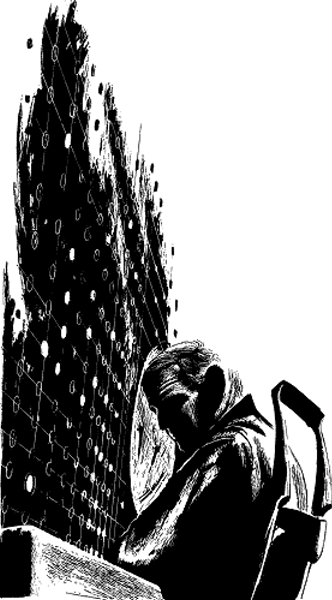
We've seen the idea of "pre-crime" before, where police attempt to stop incidents before they occur. The example that stands out most to me is Philip K. Dick's Minority Report. FitzPatrick, to all accounts, is a new author, but he's arrived on the scene with a visceral sensitivity in his first story that suggests he'll be offering up great stuff in the future. A detractor from Riders is that, after a fantastic cold open first act, FitzPatrick then devotes an unnecessary scene to explaining the mechanics behind the "deAngelis" thought monitor. Also, the resolution isn't quite up to the build-up. An invention that can monitor emotional patterns needs a book, is worth a book. Three stars.
***
Thus, Analog finishes this month on the right side of decent 3-star quality. Moreover, it presents a set of intriguing visions guaranteed to make you think. And that's exactly what science fiction should do.


